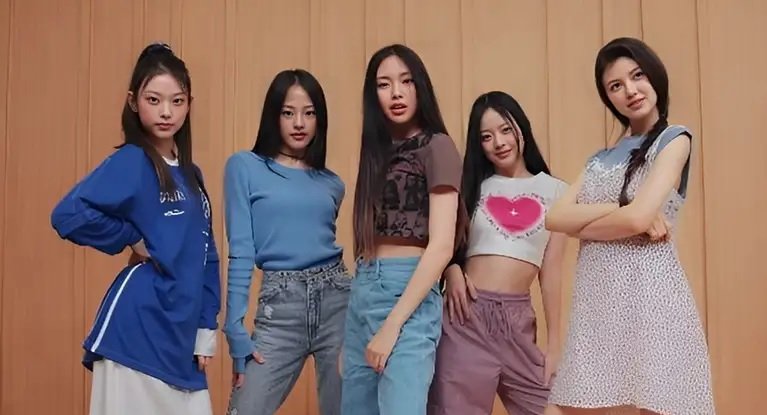The K-POP market is enjoying an unprecedented boom. As of July, album sales in the first half of the year have already sold approximately 69.93 million copies and are expected to surpass 100 million copies this year. In addition, the continued resumption of tour concerts following the pandemic drives increased sales. As album and concert sales increase, the goods market is naturally experiencing explosive growth.
According to Circle Chart statistics, physical album sales from January to July (69.93 million units) were approximately 23 million more than last year, corresponding to about 87% of the total sales volume of the previous year. Overseas sales also increased noticeably. Based on the Korea Customs Service’s import and export trade statistics, album exports in the first half of the year reached an all-time high of $132.934 million (approximately KRW 178.3 billion).
There is a good reason why we first looked at album sales before discussing the explosive demand for goods. According to the Korea Consumer Agency, a survey of significant K-pop albums (50 types) released within the past two years found that each album contained an average of 7.8 goods. 52.7% of respondents said that consuming these albums was also to collect goods. Ultimately, it is possible to analyze that more than half of the album’s sales came from the demand for goods.
For example, Hive generated 652.6 billion won, or 63% of the 1.0316 trillion won in sales in the first half of this year, from overseas, of which album sales accounted for a whopping 41.7%. Experts agree that “K-pop stars’ photo cards are becoming a representative export product of the Korean Wave.” Hive also analyzed that the photo cards included with the physical album impacted sales growth.
If album sales indicate demand for goods, concerts are a factor that directly affects the growth of the goods market.
As a result of analyzing the performance by business in the quarterly report of YG Entertainment, the agency of Blackpink, which is conducting the most extensive world tour in K-pop girl group history, the performance business in the second quarter of this year recorded sales of 31.2 billion won, nearly eight times more than the same period last year.
This strong performance business also positively impacts sales of MD products such as light sticks. YG recorded sales of 50.1 billion won in its merchandise and product business during this period, recording a growth rate of 73%.
Hive also recorded performance sales of KRW 157.5 billion, up 85.4% from the same period last year, due to the world tour of BTS members Suga and Tomorrow by Together and Seventeen fan meetings, and accordingly, MD sales increased by more than 10% from the same period last year to KRW 111.9 billion.
However, the perspective on market growth is only sometimes positive. In particular, it is difficult to say that the increase in physical album sales is directly related to the expansion of K-pop fandom. Many view it as a success in goods marketing, but there are also constant criticisms that this is a case of ‘tying and selling.’
Tying sales is considered a factor that undermines the soundness of the K-pop market. It is pointed out that by encouraging people to buy albums to listen to songs or to collect goods such as photo cards, the tally of album sales is distorted, and unused albums are turned into trash, causing environmental pollution. Accordingly, Billboard made a move to prevent the problem of bundled albums by changing the ‘Billboard 200’ chart counting method.
There has also been a movement in Korea to be wary of tie-in sales. It has been reported that the Fair Trade Commission has recently been investigating suspicions of photo card bundling targeting major entertainment companies such as Hive, YG Entertainment, SM Entertainment, and JYP Entertainment.
It is believed that entertainment companies have been exploiting the fan spirit of idol fans by producing excessive amounts of photo cards and selling them randomly in albums, causing unfair trade. There is interest in whether this movement can provide a foundation for the growth of a healthy album and goods industry commensurate with K-pop’s global status.











